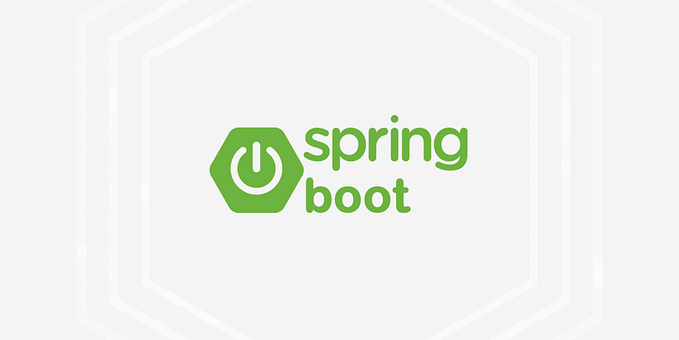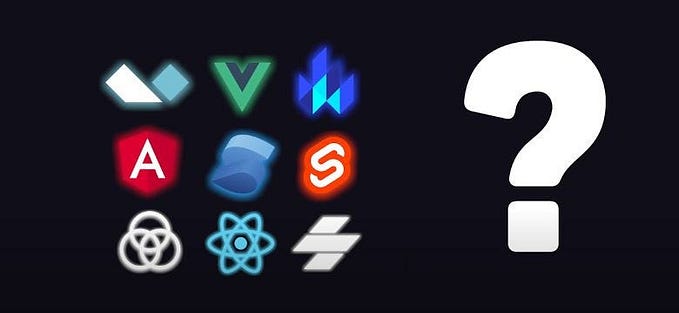React Native vs Ionic: Which is the Better Mobile App Framework?
Are you looking to develop a mobile app and wondering which framework to choose? With the rise of mobile technology, developers and businesses alike are faced with the crucial decision of selecting the right framework for their app development projects. Among the numerous options available, React Native and Ionic stand out as two of the most popular and powerful frameworks. But which one is better? Let’s dive deep into the features, benefits, and drawbacks of both to help you make an informed decision.
What is React Native?
React Native is a framework developed by Facebook that allows native mobile app developers to build applications using JavaScript and React. It enables the creation of natively rendered mobile apps for both iOS and Android. React Native uses the same fundamental UI building blocks as regular iOS and Android apps. The main advantage of React Native is its ability to create truly native apps while maintaining a single codebase.
Key Features of React Native
Truly Native Performance
React Native allows developers to create apps that offer the performance and look of a native app. The code written in JavaScript is converted into native code, providing a seamless user experience.
Single Codebase
One of the biggest advantages of React Native is the ability to use a single codebase for both iOS and Android apps. This not only saves time but also reduces the cost of development.
Hot Reloading
React Native features hot reloading, which means developers can see the changes they make in real-time without restarting the app. This speeds up the development process and makes debugging easier.
Large Community and Ecosystem
Being backed by Facebook, React Native has a large community of developers. There are plenty of libraries, plugins, and tools available, making it easier to find solutions to common problems.
What is Ionic?
Ionic is a framework that allows developers to create cross-platform mobile apps using web technologies like HTML, CSS, and JavaScript. It is built on top of Angular (though it also supports React and Vue) and uses Apache Cordova or Capacitor to access native device features. Ionic focuses on the front-end user experience and interaction.
Key Features of Ionic
Web Technologies
Ionic leverages common web technologies that many developers are already familiar with, making it accessible and easy to learn.
Cross-Platform Development
Ionic allows developers to build apps that work on multiple platforms (iOS, Android, and the web) with a single codebase. This ensures a consistent user experience across all devices.
Rich Set of UI Components
Ionic provides a rich library of pre-designed UI components that can be easily customized. This helps in creating visually appealing and interactive apps.
Integration with Modern JavaScript Frameworks
Ionic supports integration with popular JavaScript frameworks like Angular, React, and Vue, giving developers the flexibility to choose their preferred framework.
Comparing React Native and Ionic
To determine which framework is better suited for your project, it’s important to compare React Native and Ionic across several key factors:
Performance
- React Native: React Native apps are known for their high performance because they are compiled into native code. This ensures smooth animations and fast load times, providing a user experience similar to that of a native app.
- Ionic: Ionic apps run inside a WebView, which means they are essentially web apps wrapped in a native container. While Ionic has made significant improvements in performance over the years, it still may not match the performance of truly native apps, especially for graphics-intensive applications.
Development Speed and Cost
- React Native: With a single codebase for both iOS and Android, React Native can significantly reduce development time and cost. The framework’s hot reloading feature further accelerates the development process.
- Ionic: Ionic also offers the advantage of a single codebase for multiple platforms, and its use of web technologies can make it faster to develop and easier for web developers to transition to mobile app development. However, integration with native functionalities might require more effort compared to React Native.
Learning Curve
- React Native: Developers with experience in JavaScript and React will find it easier to learn React Native. The framework’s syntax and principles are similar to those of React, making the transition smoother for web developers familiar with these technologies.
- Ionic: Ionic is built on top of web technologies, making it accessible to developers with experience in HTML, CSS, and JavaScript. Additionally, Ionic’s support for Angular, React, and Vue provides flexibility in choosing the preferred framework.
Community and Ecosystem
- React Native: React Native has a large and active community, thanks to its backing by Facebook. There are numerous libraries, plugins, and resources available, which can be very helpful during development.
- Ionic: Ionic also has a strong community and a comprehensive set of resources. Its extensive documentation and support for multiple JavaScript frameworks make it a versatile option for developers.
Access to Native Features
- React Native: React Native provides better access to native features because it compiles native code. This makes it easier to use native modules and APIs directly in the app.
- Ionic: Ionic relies on plugins like Cordova or Capacitor to access native device features. While these plugins cover most use cases, there can be limitations and additional complexity when integrating certain native functionalities.
Use Cases: When to Use React Native and When to Use Ionic
Choosing the right framework also depends on the specific requirements of your project. Here are some scenarios where each framework shines:
Use React Native If
- Performance is a Priority: If your app requires high performance and smooth animations, React Native is the better choice because it compiles to native code.
- You Have a React Background: If you or your team are already familiar with React, the transition to React Native will be much easier.
- You Need Access to Native Modules: For apps that need deep integration with native device features, React Native offers better support and performance.
Use Ionic If
- Quick Prototyping and Development: If you need to quickly prototype and develop a cross-platform app, Ionic’s use of web technologies can accelerate the process.
- Web Development Background: If your team consists of web developers familiar with HTML, CSS, and JavaScript, Ionic will be more accessible.
- Multi-Platform Requirements: If you need your app to run not only on mobile devices but also as a web app, Ionic provides a consistent experience across all platforms.
Conclusion
Both React Native and Ionic are powerful frameworks for mobile app development, each with its strengths and weaknesses. React Native offers truly native performance and is ideal for apps requiring high performance and deep native integration. On the other hand, Ionic is excellent for rapid development and creating apps with a consistent user experience across multiple platforms.
The choice between React Native and Ionic ultimately depends on your project requirements, the skillset of your development team, and the specific needs of your app. By understanding the key differences and advantages of each framework, you can make an informed decision and select the one that best aligns with your goals.
Whether you are a business owner looking to develop a new app or a native app developer seeking the best framework for your next project, both React Native and Ionic offer compelling options that can help you achieve success in the ever-evolving mobile app landscape.
Related Blog:
Stackademic 🎓
Thank you for reading until the end. Before you go:
- Please consider clapping and following the writer! 👏
- Follow us X | LinkedIn | YouTube | Discord
- Visit our other platforms: In Plain English | CoFeed | Venture | Cubed
- Tired of blogging platforms that force you to deal with algorithmic content? Try Differ
- More content at Stackademic.com







